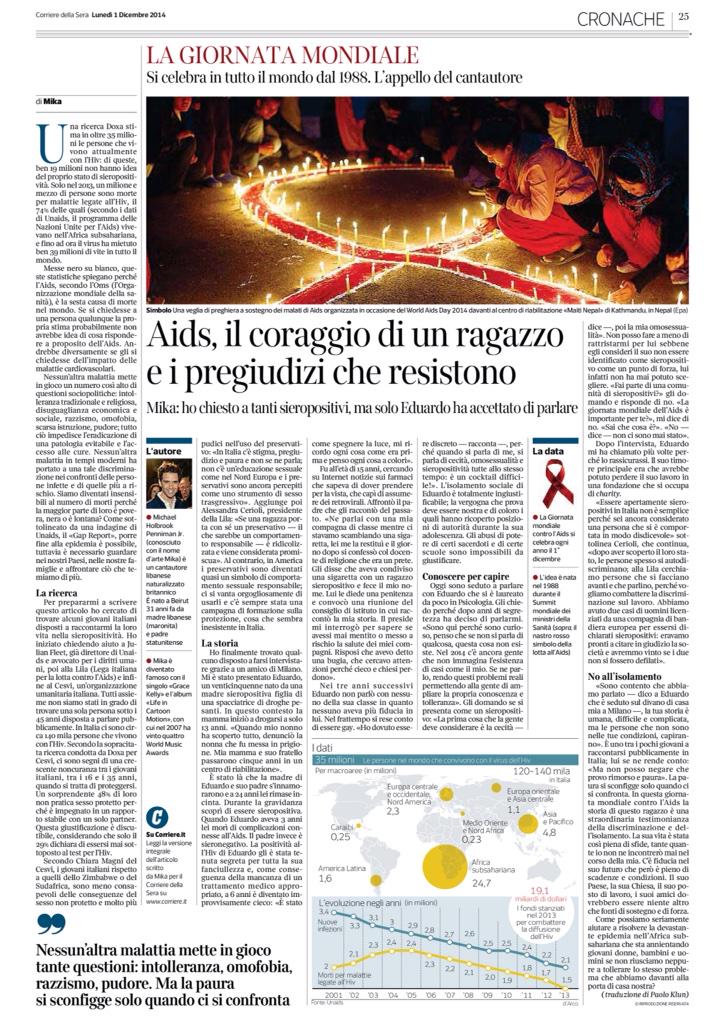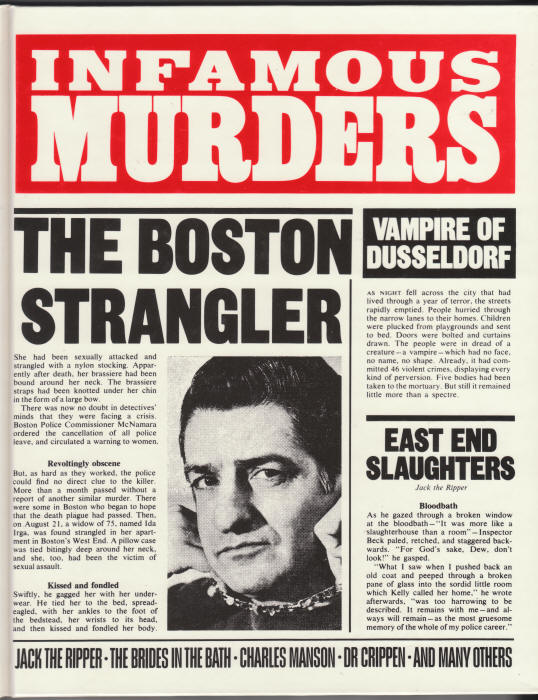

ambassador to the United Nations, urged the president to link further military aid to clear progress by Sisi on human rights and democracy. Some of Obama’s top White House aides, including his deputy national security adviser, Ben Rhodes, and the celebrated human rights champion Samantha Power, now U.S.

It was an excruciating test of how to balance American values with its cold-blooded security interests in an age of terrorism. He also cast doubt on the future of America’s $1.3 billion in annual military aid to Egypt-a subsidy on which Cairo depends heavily, and much more than the United States sends to any country in the world aside from Israel.īut a fierce internal debate soon broke out over whether and how to sanction Egypt further, a fight that many officials told me was one of the most agonizing of the Obama administration’s seven years, as the president’s most powerful advisers spent months engaged in what one called “trench warfare” against each other. military hardware to Cairo, including attack helicopters, Harpoon missiles and several F-16 fighter jets, as well as $260 million in cash transfers.

Several weeks later, Obama halted the planned delivery of U.S. “We have to be very careful about being seen as aiding and abetting actions that we think run contrary to our values and ideals.”

“We can’t return to business as usual,” he declared after the slaughter. The massacre was shocking even by the standards of Egypt’s long-dismal human rights record. His security forces arrested thousands of people, including much of his political opposition, and in one bloody day that summer, they gunned down some 1,000 pro-Morsi protesters (or more) who were staging peaceful sit-ins. In the summer of 2013, Sisi followed his coup with a brutal crackdown that would have done Saddam Hussein proud. Just two years earlier, Sisi had seized power in a military coup, toppling Mohamed Morsi, the democratically elected successor to Hosni Mubarak, himself a strongman of 30 years pushed out in early 2011 by mass protests in Cairo’s Tahrir Square. For Egypt’s brutally repressive president, General Abdel Fattah el-Sisi, the spectacle was a triumph, symbolizing not only his militaristic power at home, but also his victory over an American president who had tried to punish him before surrendering to the cold realities of geopolitics.


 0 kommentar(er)
0 kommentar(er)
